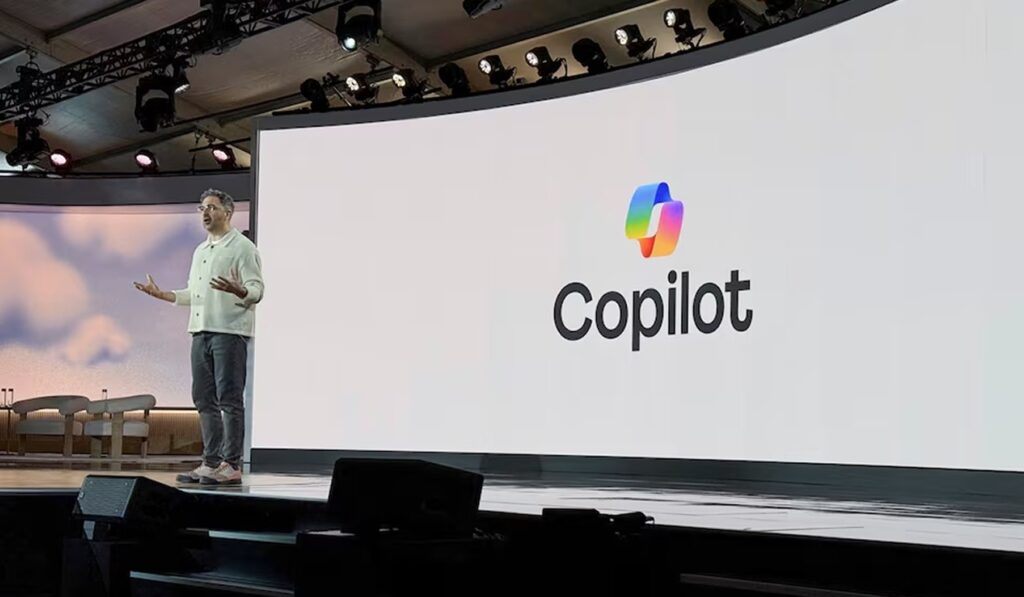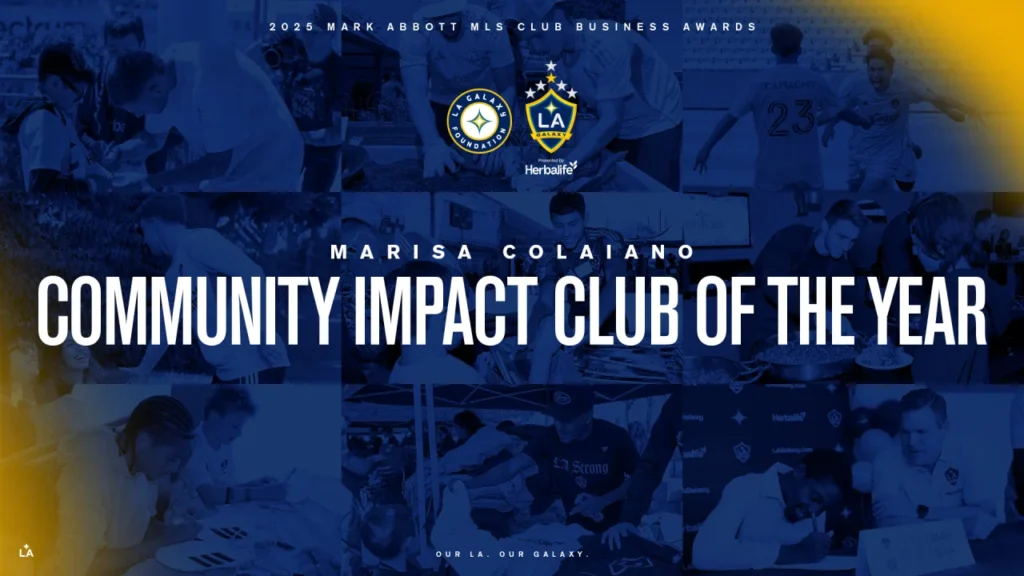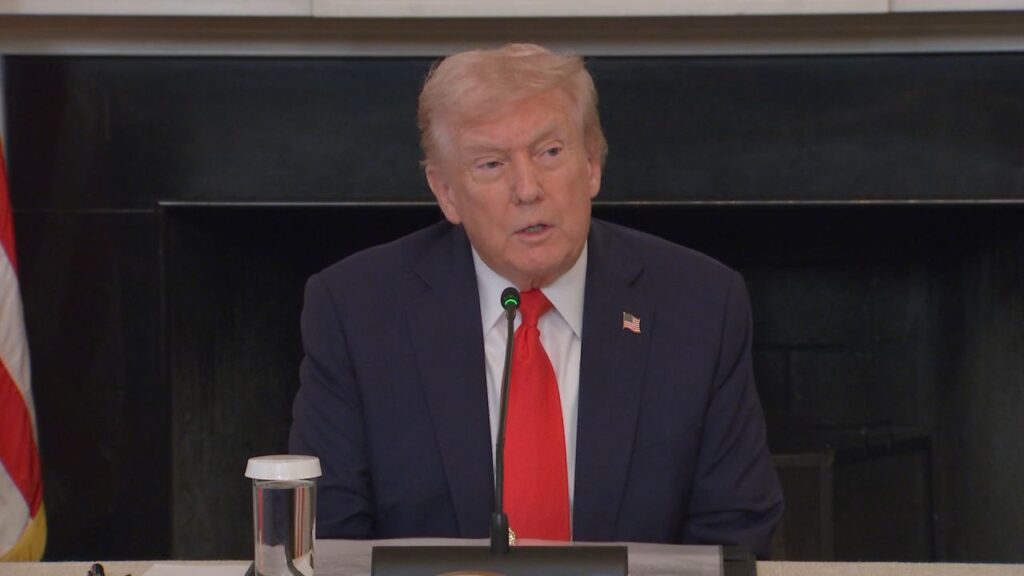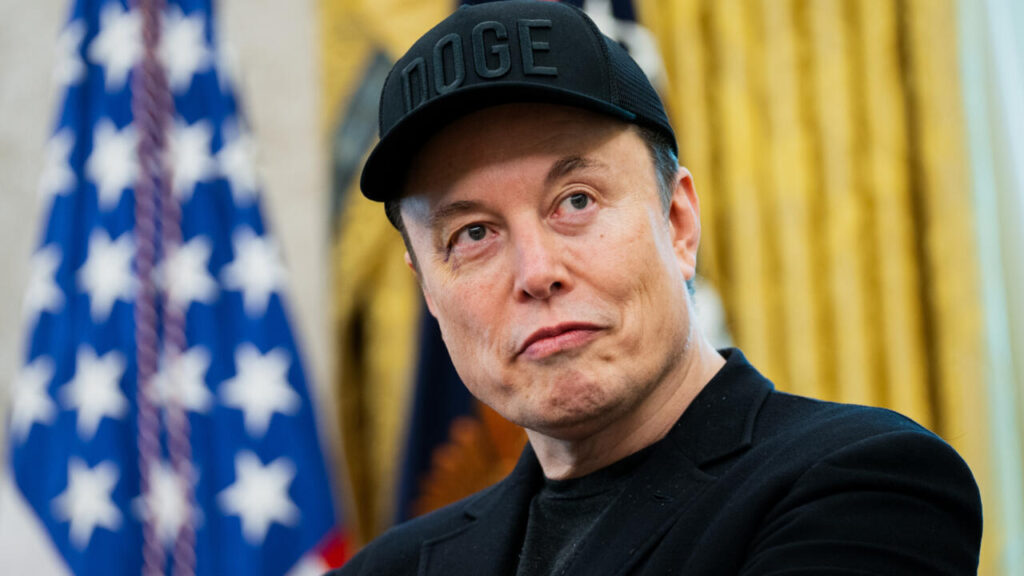
As Microsoft marked its 50th anniversary this week, the company made it clear that it’s not just reminiscing about its storied past—it’s forging aggressively into the future with artificial intelligence leading the charge.
In a celebratory event at its Redmond, Washington headquarters, executives, employees, and even co-founders Bill Gates and Steve Ballmer gathered to honor five decades of innovation. But the spotlight wasn’t just on the past. Microsoft unveiled a significant update to its AI assistant, Copilot, signaling a new era of intelligent productivity and personalization.
The event had moments that felt more like a tech concert than a corporate celebration. One of the most striking was a demo of Copilot’s newest capabilities—like summarizing data in Excel with just a click. The crowd’s reaction was electric.
“It was literally like Mick Jagger walked out,” joked Yusuf Mehdi, Microsoft’s Chief Consumer Marketing Officer, who started his journey at the company as an intern more than 30 years ago.
Founded on April 4, 1975, Microsoft has evolved from a pioneering software company to one of the world’s leading players in cloud computing and now, artificial intelligence. The company has faced its share of challenges—from a major antitrust case in the late 1990s to stiff competition from newer tech giants like Google and OpenAI. But under CEO Satya Nadella’s leadership, Microsoft has reinvented itself for the AI age.
Nadella, known for transforming Microsoft into the world’s second-largest cloud platform, has repeatedly emphasized AI as the next major computing platform—one as fundamental as the PC or the internet. At the 50th anniversary celebration, he doubled down on that vision.
“Our future will not be defined by what we have built,” he said, “but by what we empower others to build.”
Microsoft’s Copilot, which integrates AI across its product ecosystem, including Office apps, Bing, Edge, and Windows, is gaining a major upgrade. The new version of Copilot will be more proactive and deeply personalized.
According to Mehdi, the consumer version will soon be able to remember important personal information, like birthdays or preferences for certain types of tasks. It will also offer timely suggestions, such as sending a gift to a friend or offering help ahead of a big presentation. And importantly, users will have the option to opt out of these features, preserving control and privacy.
In addition, Copilot will begin offering customized podcasts, shopping recommendations, and even help users with booking events or making reservations—thanks to deep integrations with services like OpenTable and 1-800-Flowers.com. These capabilities are part of a growing trend toward “agentic AI”—software that doesn’t just assist but takes actions on behalf of the user.
Microsoft isn’t alone in this space. Tech rivals like Elon Musk’s xAI, Anthropic, and of course, Google’s Gemini, are also developing next-generation AI tools. Microsoft’s distinct advantage lies in its integration of AI directly into products used by over a billion people globally—Word, Excel, PowerPoint, Teams, and more.
For businesses, Copilot is already embedded into Microsoft 365, enhancing productivity by writing emails, drafting documents, summarizing meetings, and generating presentations. Now, the consumer-focused version aims to be just as intuitive and useful in daily life.
Yusuf Mehdi recalled the early days of Microsoft when the company was leaner but intensely driven. He spoke of Bill Gates’ voracious appetite for knowledge, reading the equivalent of three books overnight, and Steve Ballmer’s famous “developers, developers, developers” rallying cry—a moment that he humorously revived during the event, sweaty shirt and all.
Microsoft’s journey hasn’t always been smooth. The company was once the undisputed king of the tech industry, but it stumbled during the rise of mobile and was late to key AI advancements. It’s a testament to Nadella’s leadership and the company’s long-term resilience that Microsoft is now viewed as one of the AI frontrunners—thanks in part to its strategic partnership with OpenAI, the creators of ChatGPT.
The 50th anniversary event wasn’t just a nostalgia trip. It was a recommitment to Microsoft’s mission in a vastly changed technological world. Gates noted, “We’re on the verge of something even more profound than what came in those first 50 years.”
Copilot is a big part of that next chapter. It’s becoming more than just a helpful assistant—it’s becoming a digital partner, one that understands your needs, adapts to your habits, and helps you make better use of your time.
“It’s warm; it has that personality,” said Mehdi, acknowledging that reactions are mixed. Some users love the interactivity, while others feel Copilot can sometimes be a little too proactive. “When we get to now be more personalized,” he added, “we can start to get smarter. We’re part way through that journey.”
With Copilot growing smarter by the day and Microsoft embracing AI at every level, the company’s next 50 years may well be even more transformative than the last.
News Source: Reuters

Bella Richardson is a dedicated journalist and news analyst known for her clear, thoughtful reporting and her ability to make complex stories accessible to a broad audience. With a Master of Science in Mass Communication, she brings both academic insight and real-world experience to her coverage of breaking news and trending topics throughout the United States.






